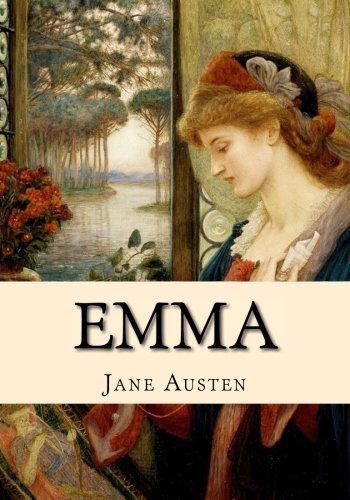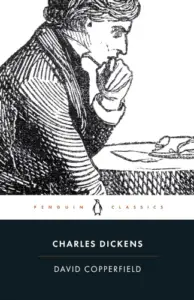Emma
Book Author: Jane Austen
Summary reviewed by:
Terrence Timmons
Terrence Timmons
Analyst
Bachelor of Arts (BA), University Of California, Santa Barbara 2019
With over 4 years of experience as an analyst. Terrence Timmons is committed to analyzing summaries without compromising on quality.
Emma: Summary
Emma - A Delicate Dance of Matchmaking and Misunderstandings in the Quaint Town of Highbury.
This tantalizing tale of hearts and minds is set in a small, comfortable, yet humdrum pocket of English society - Highbury. Our heroine, Emma Woodhouse, is a captivating blend of wit, charm, and a touch of vanity. With a doting father and a social circle of eclectic personalities to command, Emma’s life is devoid of matrimonial pursuits, unlike many ladies of her time. Instead, she revels in weaving the romantic fates of those around her, fancying herself quite the accomplished matchmaker.
Her machinations are brought to life when the sweet, yet simple Harriet Smith falls under Emma's influence, setting the stage for a sequence of amusing, yet poignant misunderstandings. Emma's well-intentioned but misguided attempts at orchestrating love often lead to chaos, showcasing the folly of such presumptions. Yet, the luminous spark of sincerity that burns in Emma's heart offers redemption, showing us a young woman's journey from naivety to self-realisation, encompassing the essence of personal growth.
Spoilers (watch a short ad to reveal spoilers)
Emma: Genres
Fiction
Comedy
Romance
Social Commentary
Coming-of-age
Emma: Main Characters
Emma Woodhouse: A charming and intelligent, yet somewhat conceited young woman, Emma enjoys the thrill of matchmaking, evident in her attempt to pair her friend Harriet Smith with the local vicar, Mr. Elton.
Mr. Knightley: Emma’s brother-in-law and close friend, Mr. Knightley serves as Emma’s moral compass, criticizing her behaviour when necessary, such as when she rudely mocks the talkative Miss Bates at Box Hill.
Harriet Smith: A naive and impressionable young woman, Harriet values Emma’s opinions above all else, symbolized when she rejects a proposal from Robert Martin on Emma’s advice.
Mr. Woodhouse: Emma’s hypochondriac and overly cautious father, Mr. Woodhouse is a symbol of affection and familial love, often seen fretting about his daughters’ well-being.
Emma: Themes
Social Class: Austen uses the novel to critique the class structure of the society of her time. Emma’s misguided attempt to elevate Harriet to a higher social rank than her birthright illustrates this.
Misunderstandings and Deception: Many of Emma’s troubles stem from misunderstandings and her tendency to deceive herself, shown in her mistaken belief that Frank Churchill is in love with her.
Growth and Self-Awareness: Emma’s journey from a self-deluded matchmaker to a woman who recognizes and admits her own feelings for Mr. Knightley underlines the theme of personal growth and self-realization.


Emma
Date Published: December 23, 1815
Disclaimer: As an Amazon Associate I earn from qualifying purchases.




